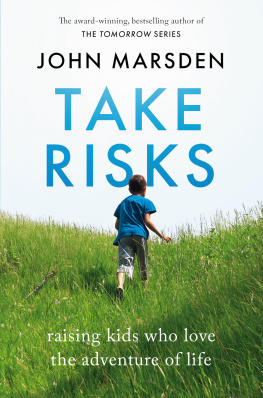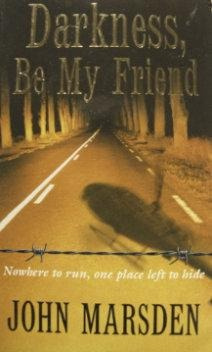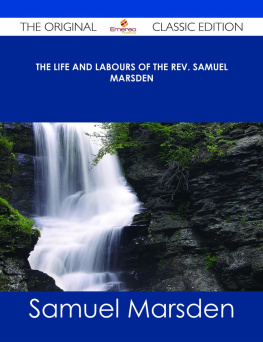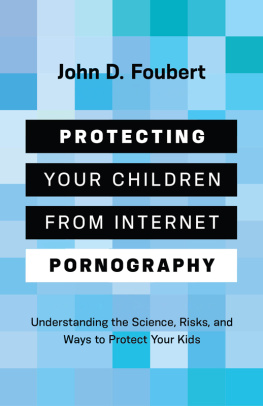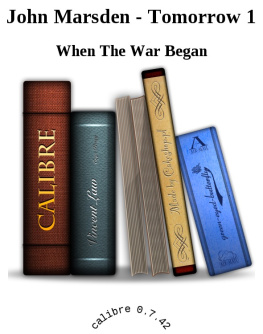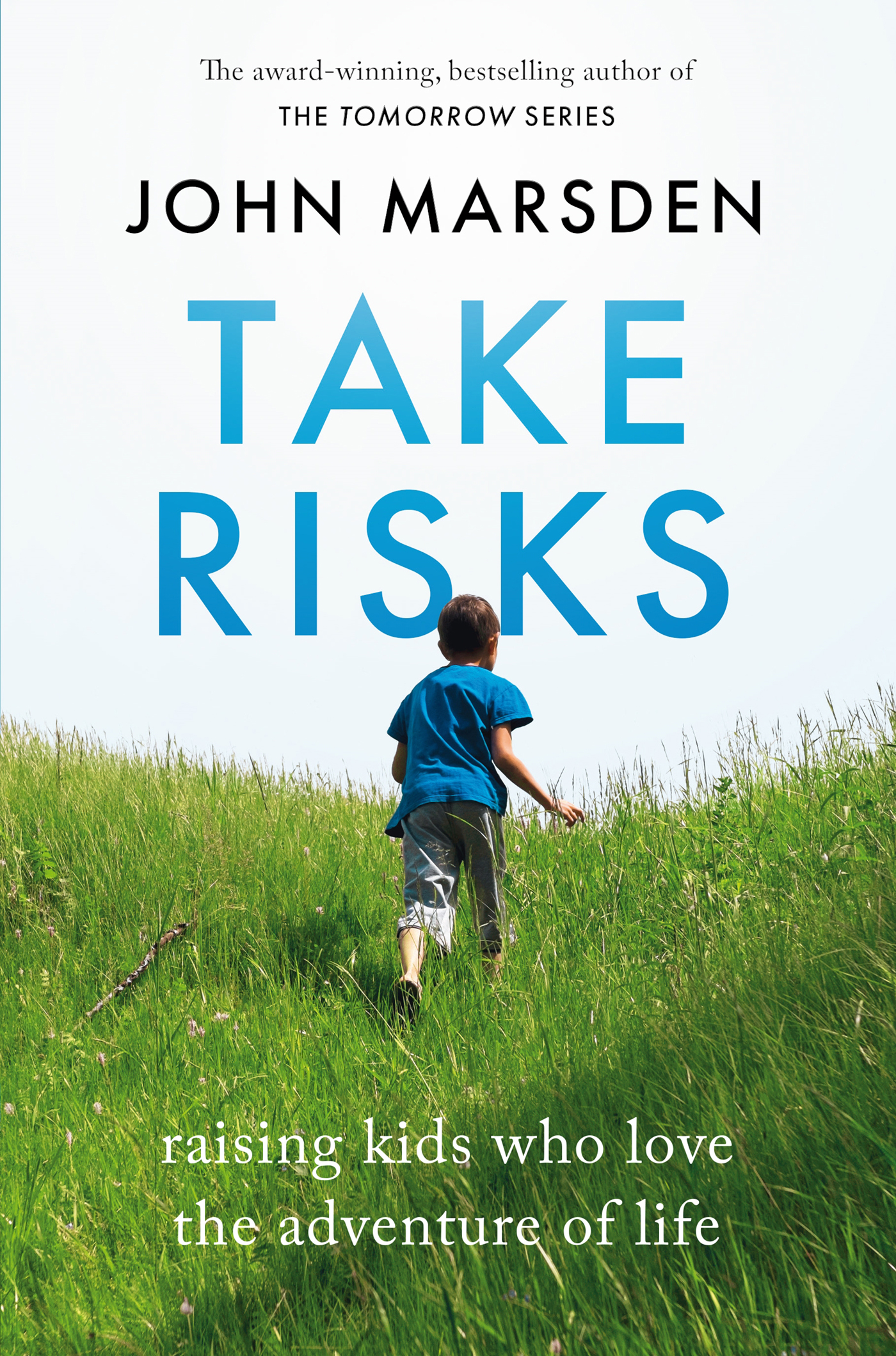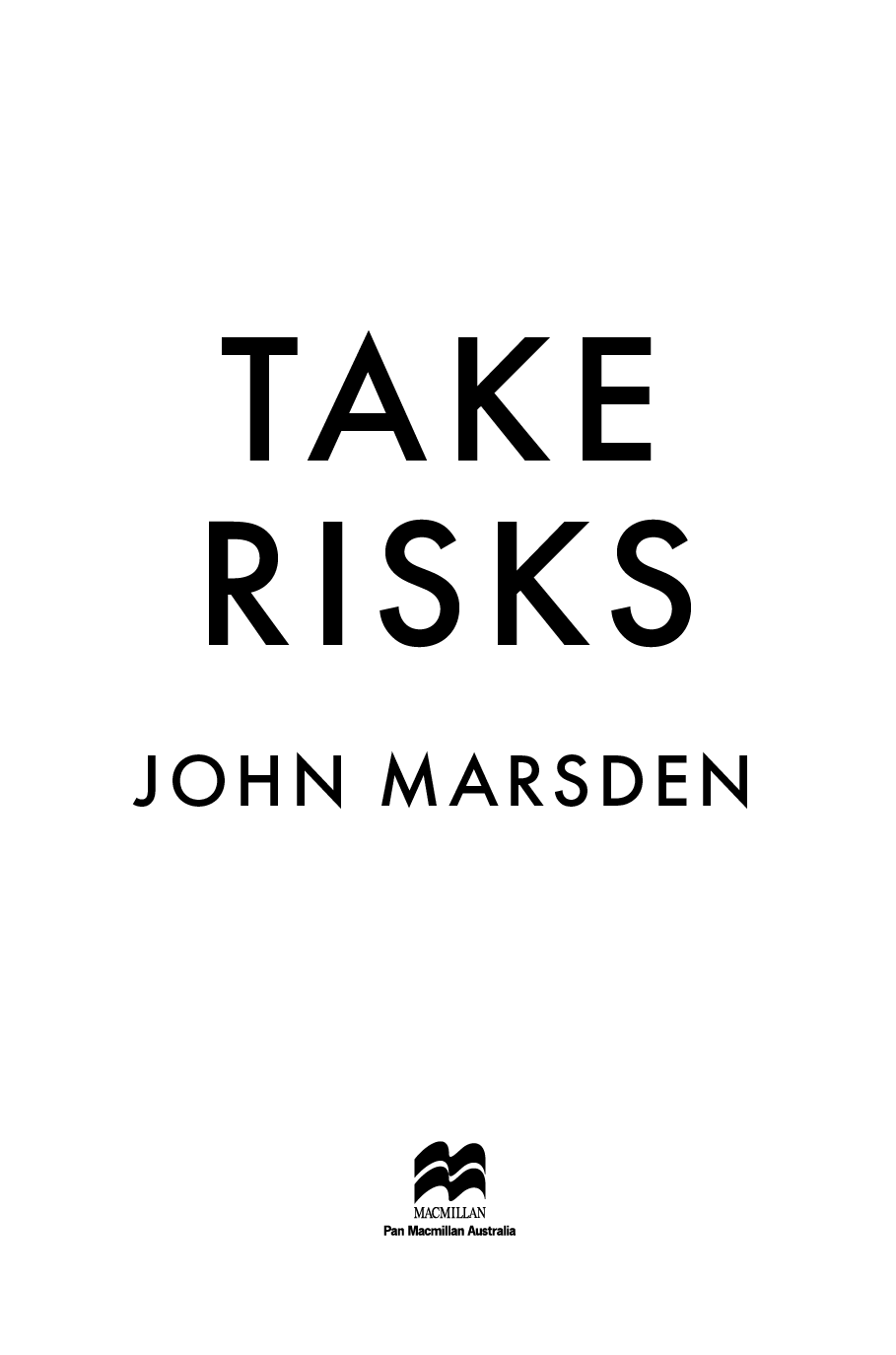About Take Risks
Life is a thrilling adventure.
Our children get only rare glimpses of the possibilities.
To roam, to dare, to fail... these are the rights of children.
John Marsden, the award-winning, bestselling author of the Tomorrow series, has spent his life educating kids and teenagers. He is passionate about the need to prepare them in all ways for the demands of adulthood.
As the founder and principal of two schools Candlebark and Alice Miller John has put his theories to the test and seen the empowering results of his methods.
Take Risks is the compelling memoir of a revered author and educator, and a forthright discussion on teaching, parenting and society as a whole.
Contents
To John Mazur,
who taught me how to teach
This book draws upon my experience of teaching over 40 years. For legal reasons, some details have been changed. It also includes correspondence from parents of students: for copyright reasons and to protect privacy, I have created my own versions based on the originals.
Sorry, we seem to have misplaced your child...
The last meaningful use of the word dream may have been by Martin Luther King. Since then its been hijacked by greeting card companies, mindless sentimentalists and politicians, and has lost its integrity.
Yet I have to reluctantly concede that Candlebark School did start as a dream: the daydream of a 15-year-old high school student in Sydney.
At the exclusive and expensive single-sex The Kings School, an archaic and anachronistic boarding school which I attended on a scholarship, as a day boy, I sat through class after class, year after year, fearing much of the time that I would implode, or explode in some kind of frenzy, in response to the monotonous teaching and harsh, rigid policies.
To pass the hours I counted the dots in the ceiling tiles, plotted imaginary journeys in my atlas, read novels under the desk, watched the dreary movement of the clock hands, and sabotaged the lessons in every imaginable way.
But as well, I daydreamed. Many of those daydreams were about re-designing the school. I longed for the opportunity to be king of Kings for a day, in a secular sense, and to implement changes. In the language of the 21st century, I wanted to make the school user-friendly, and in my imaginary reconstruction of Kings, the primary users were who would have thought? the students.
Certainly the school seemed teacher-friendly. Walking on grass was a luxury forbidden to the students but members of staff strolled to their classes across verdant lawns, comfortable in the knowledge that their feet were caressing the grass lovingly, and the grass accepted those overtures with gratitude. Teachers did not need to hurry, as they knew prefects would be supervising their classes until they arrived. We boys would be at our desks, books ready, sitting silent and still, in an atmosphere of fear. Our fear was of the prefects, who wielded more power than the teachers. If a prefect caught a boy so much as whispering whilst the class waited for its teacher, severe punishments were inflicted. In many cases, once the teacher had arrived we could riot especially with my Latin teacher and one of my maths teachers, both of whom I now realise, looking back, suffered from some form of dementia.
But the prefects, who prowled the corridors enforcing complete silence and stillness until the teacher arrived we did not challenge their authority. These muscular 17- and 18-year-olds, chosen, it appeared, largely for their ability at Rugby and/or rowing, were free to administer corporal punishment, which they did with gay abandon.
The teachers lived in comfortable homes or flats attached to boarding houses on the schools magnificent new 65-hectare campus. When on duty they could, if they chose, spend the evenings with their families, or watch BP Pick a Box on TV, or correct essays, leaving the running of the boarding houses to the prefects. The master on duty need only emerge for the evening roll-call, but if he was busy he could leave that too to the senior students, some of whom, lacking guidance and direction, maturity and wisdom, behaved like thugs.
In 2017, nearly 50 years after leaving the school, one of my peers, Jeremy Thompson, recollected that:
By night brutality and fear stalked the corridors in the form of some pitiless monitor [i.e. prefect]. First the long, fearful wait; then the bawling out for daring to communicate in prep. [Prep was a formal evening homework session.] Two blood-red footprints at the end of the monitors study marked the spot where one would bend over to receive the sandshoe wielded by some 17-year-old at the height of his adolescent sadism. Hoping to hell they wouldnt notice the sheet of blotter youd taped under your PJs the footsteps would approach, gaining speed. The more scientific aficionados would release the sandshoe on impact lest some of the shock would be absorbed by the socking arm. One poor bugger, in 1964, was along something like 10 nights in a row and we heard his screams each night. The brutality was too much for another and, years later, he made his way back to OGH (the boarding house) and removed every light bulb in the place and smashed them on those footmarks.
I remember a young boarder being found naked and distressed on a public road near the school, in the middle of the night. He had been stripped and blackballed, which in the schools vernacular meant having his testicles covered in shoe polish. Somehow he had escaped, and run away, into the darkness. His parents withdrew him from the school. Another boarder escaped more subtly: he left the school grounds, made his way to the coast, and lived as a beach bum. We lied so successfully to his teachers about him being in the Sick Bay that it was just over a week before they realised he was missing. I vividly remember the headmaster calling the roll in a Divinity lesson. When he came to the boys name, we replied, as we had to him the week before, that the boy was in the care of the school matron. The headmaster was about to go on to the next name on the roll when he stopped, and said, looking puzzled: He wasnt there last night, when I visited Sick Bay. How long has he been in there?
The game was up.
I always wondered about the phone call to the boys parents, to let them know that their son had been missing for over a week, but nobody had noticed.
Another boy quietly absented himself from the compulsory annual military camp where we spent eight or ten thoroughly unpleasant days. Following a formal parade at school, we marched each year to the buses and embarked for the Army base at Singleton. As we boarded the buses this intelligent juvenile delinquent surreptitiously slipped into the bushes and, after the buses had gone, changed his clothes and went to stay with an elderly relative at the beach.
When we were in our 60s I asked him: Did she realise that you were skipping school each year to go and have this holiday with her?
He laughed and said, She knew something illicit was going on, but she also knew not to ask.
The school never detected his absence either.
Its a bit easy to say that many boys were damaged for life by their Kings experience. Certainly I know two in my year group of a hundred or so who suffered severe mental illness and were unable to work for their entire adult lives. When I was admitted to a psychiatric hospital, not long after leaving the school, the first fellow-patient I met was a boy from Kings. Do they have a special ward for us? I wondered.

